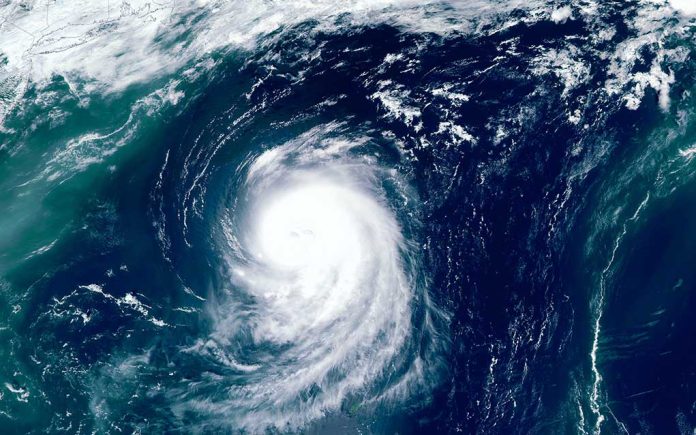
A Russian oil tanker splits in half and sinks in the Black Sea, causing an environmental crisis and prompting a major rescue operation.
At a Glance
- Two Russian oil tankers, Volgoneft-212 and Volgoneft-239, were severely damaged in a storm in the Black Sea
- At least one crew member has died, with others rescued or hospitalized
- The incident has caused an oil spill, raising environmental concerns
- Russian authorities have launched a large-scale rescue and cleanup operation
- Two criminal cases have been opened to investigate possible safety violations
Disaster Strikes Russian Oil Tankers in the Black Sea
In a devastating incident off the coast of Crimea, two Russian oil tankers faced catastrophic damage during a severe storm in the Black Sea. The Volgoneft-212, a vessel dating back to 1969, split in half and sank, while the Volgoneft-239, built in 1973, was left drifting with significant structural damage. Both ships, each capable of carrying approximately 4,200 tonnes of oil products, were caught in treacherous weather conditions in the Kerch Strait, a crucial route for Russian grain and oil exports.
The incident has resulted in at least one confirmed fatality, with several crew members rescued and others hospitalized. The Russian emergency situations ministry reported that 13 sailors were evacuated from the Volgoneft-212, but tragically, one did not survive. The full extent of injuries and the status of all crew members remain unclear as rescue efforts continue.
Greenpeace environmentalists are sounding the alarm: the accident involving Russian tankers in the Black Sea could lead to one of the largest man-made disasters.
Each of the sunken Russian tankers may have been carrying up to 5,000 tons of oil products.
«A spill of this volume… pic.twitter.com/nPDOG1ITTt
— NEXTA (@nexta_tv) December 15, 2024
Environmental Impact and Rescue Efforts
The sinking of the Volgoneft-212 has led to a significant oil spill in the Black Sea, raising serious environmental concerns. Russia’s water transport agency, Rosmorrechflot, confirmed the environmental threat, stating, “There was a spill of petroleum products.” The full extent of the ecological damage is yet to be determined, but specialists have been deployed to assess the impact and initiate containment measures.
Russian President Vladimir Putin has taken swift action, ordering the formation of a working group to manage the rescue operation and mitigate the spill’s impact. Over 50 personnel, along with helicopters and tugboats, have been deployed to the disaster zone. The response team faces the challenging task of containing the oil spill while continuing search and rescue efforts for any remaining crew members.
Investigation and Potential Consequences
In the wake of this maritime disaster, Russian authorities have opened two criminal cases to investigate possible safety violations that may have contributed to the incident. The age of the vessels – over 50 years old – has raised questions about the maintenance and safety standards of Russia’s oil tanker fleet operating in the challenging conditions of the Black Sea.
The incident has not only caused immediate human and environmental tragedy but also highlights the ongoing tensions in the region. The Kerch Strait, where the disaster occurred, is a contested area, with Ukraine accusing Russia of attempting to control this strategic waterway. This event may have far-reaching implications for maritime safety regulations, environmental protection measures, and geopolitical relations in the Black Sea region.
Sources:
Russian tanker splits in half and sinks during heavy storm as oil spills into the Black Sea
Oil spill near Black Sea after two Russian tankers seriously damaged in storm
Two Russian oil tankers wrecked in Black Sea



